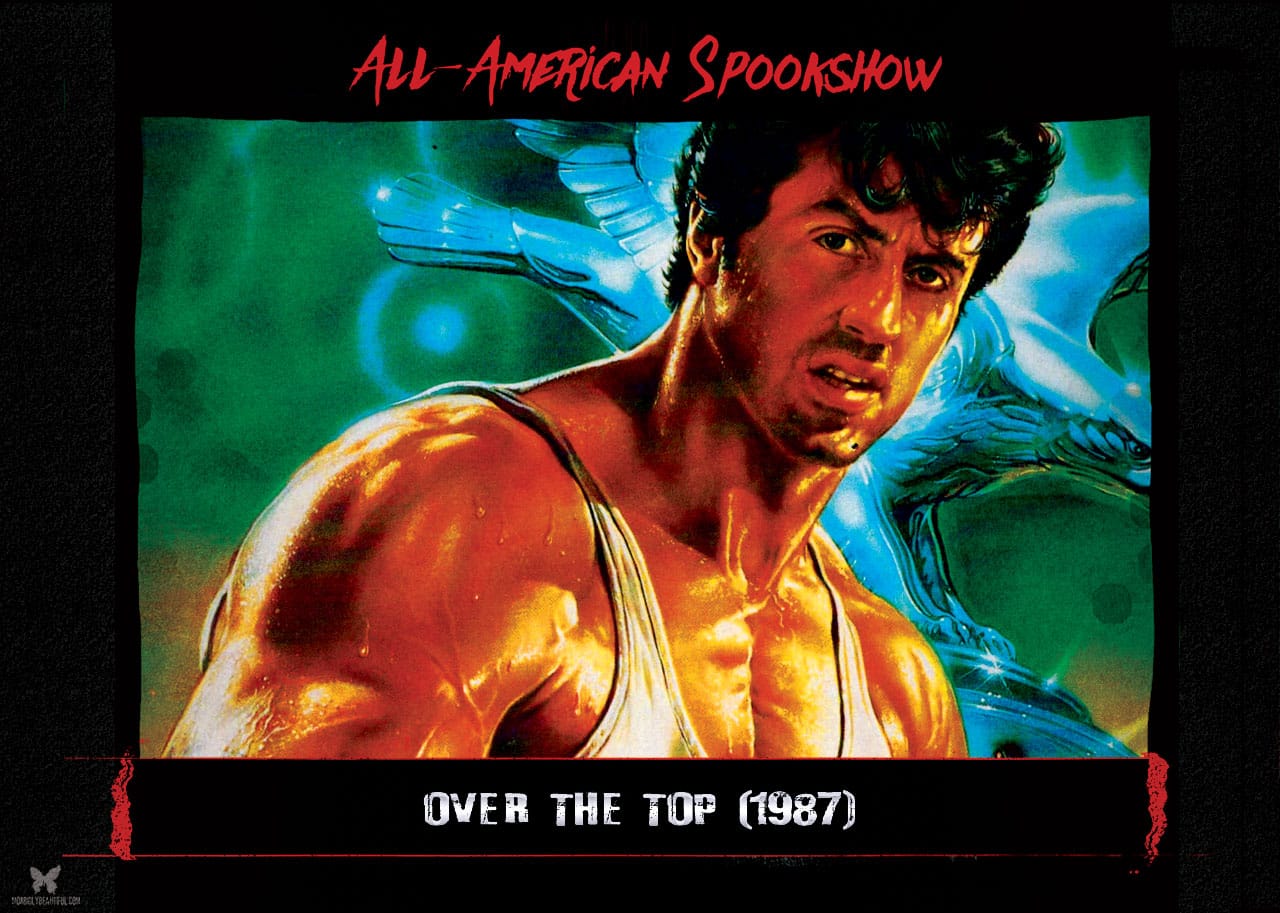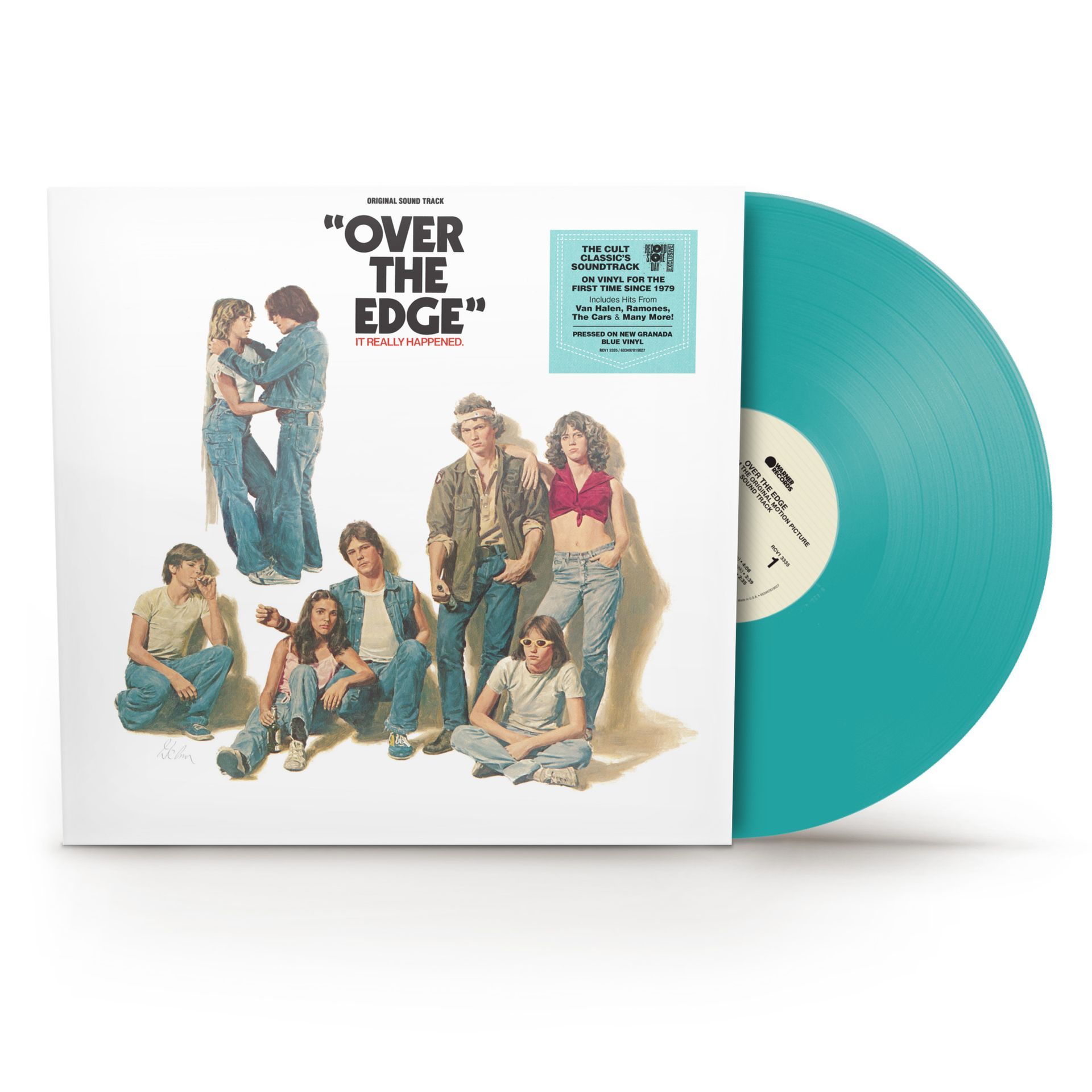Humanized Version:
Okay, so, you know that little word, "over"? It's got a few different ways we use it, actually. Sometimes, it's about going from one spot to another, like stepping across a small space, perhaps a little stream. Or, in a game, maybe when the ball crosses that special line to score. It also describes moving forward past an edge, like when something tips a bit and then, well, it goes down. You see it, too, when one thing is above another, perhaps even covering it up a bit.
- Halloween Tyra Banks
- Www Inka Sex Com
- Dua Lipa Nude Naked
- Olivia Claim To Fame Relative
- Kelly Clarksons Son
Then there's that moment when something is done, completely finished. Like when a movie wraps up, you just get up and leave, right? Or a soft covering, like a warm blanket, can be placed on top of your feet, keeping your toes cozy. A picture, you know, might hang above a fireplace, just sitting there on the wall. We often talk about going from one place to another, like when someone walks across a room to say hello. Or when a boat takes you from one side of a water body to the other. People might even visit from another country, coming "over" for a while.
And then, in some respects, if something is positioned directly above another, either resting there or with a little gap in between, we use "over." Someone might look at their reflection in a mirror that's placed above a surface. It can also describe hair falling onto a person's forehead, instead of being brushed back. Or, you might pour something liquid onto food, like a sauce on some vegetables. It's also about being in a certain spot, or having been put on top of something. You might, say, climb on top of something and cause it to fall. Or, when something is higher than another thing, like jumping across an obstacle. It can mean moving upwards and forwards, or even downwards from a standing position. It's a pretty versatile word, don't you think?
Have you ever been watching a movie, playing a game, or perhaps enjoying an animated show, and suddenly, the music just takes over, filling every corner of your senses? You know that feeling, when the soundscape grows so big, so utterly grand, it practically becomes a character all its own? That, a little bit, is often the mark of an over the top original soundtrack, a kind of musical experience that doesn't just support the visuals but rather, in some respects, grabs you by the collar and pulls you right into the heart of the story.
- November 5 Zodiac Signs
- Musicares 2025 Televised
- Nightbitch Movie Poster
- Not Menendez
- Does Dairy Queen Have Cherry Dip
These are the compositions that refuse to simply sit in the background; they demand your attention, pushing the boundaries of what you might expect from a musical score. We're talking about those moments when the orchestra swells to an almost unbelievable size, when the choir sings with such passion it gives you chills, or when a single instrument carries a melody with truly intense feeling. It's a style of music making that aims for maximum effect, often leaving a lasting impression long after the credits have rolled, or the final boss has been defeated. It's really something special, that.
So, what makes an original soundtrack go from simply good to genuinely "over the top"? Is it just about being loud, or is there a deeper artistry at play, perhaps a thoughtful design behind all that sonic spectacle? We're going to look at what gives these scores their incredible strength, how they shape our feelings, and why they stick with us. It’s a fascinating area, and one that has shaped many memorable moments in our favorite stories, you see.
Table of Contents
- What Makes an OST Go Over the Top?
- When Does an Over the Top OST Truly Shine?
- The Emotional Punch of an Over the Top OST
- Crafting That Epic Over the Top OST Sound
- The Legacy of Over the Top OSTs
What Makes an OST Go Over the Top?
When we talk about an original soundtrack that goes "over the top," we're not just talking about the volume knob being turned all the way up, you know? It's more about the sheer scale of the musical ideas, the ambition behind the composition. Think of it like this: a piece that starts small, perhaps with just a single instrument, and then, very quickly, it builds and builds, adding layers upon layers of sound until it feels like the whole world is singing along. This kind of musical progression creates a sense of immense scope, almost like the sound itself is stretching out to encompass everything around it. It's a deliberate choice by the composers to make the music feel larger than life, a truly impactful presence.
A score earns its "over the top" label not just by being big, but by being big with purpose. It’s about using every available musical tool to convey a feeling or a moment with maximum force. This could mean a huge orchestra, with every instrument playing at once, or a choir singing with an almost spiritual intensity. It might also involve complex arrangements, where many different musical lines are happening all at once, creating a rich and dense sound. The goal, typically, is to create an experience that feels almost overwhelming in its emotional delivery, leaving little room for quiet reflection in that moment. It's a kind of musical declaration, really.
Consider the emotional impact these scores aim for. They often push feelings to their absolute limits, making moments of triumph feel even more glorious, or moments of sadness feel truly heartbreaking. This isn't about subtlety; it's about making a statement with sound. The music becomes a driving force, pushing the narrative forward with its own momentum. It’s a very direct way of communicating with the audience's heart, leaving little doubt about the intended feeling. This approach, in a way, ensures the audience is fully immersed in the story’s most significant beats.
Is it just loudness, or something more with an over the top ost?
You might think an over the top ost is just about being loud, but that’s only part of the picture, basically. While volume certainly plays a part, it’s the thoughtful construction of the sound that makes it truly stand out. It’s about how many instruments are playing, how they’re layered, and the way the melodies and harmonies are built to create a feeling of grandness. A quiet piece can still be "over the top" in its emotional depth or its sheer ambition, even if it doesn't shake the room. It’s about the scale of the emotional expression, not just the decibels. So, it's a bit more nuanced than just being noisy, you know?
The use of specific musical ideas, like recurring themes that grow and change, also contributes to an over the top ost. When a simple melody, first heard in a quiet moment, returns later as a massive, full-orchestra piece, it creates a sense of journey and culmination. This kind of thematic development helps the music feel like it’s reaching a peak, making the "over the top" feeling earned. It’s about the journey of the sound, not just its current state. The way these themes expand and become larger than life is, for many, the true sign of this kind of score.
When Does an Over the Top OST Truly Shine?
An over the top original soundtrack truly comes alive during moments of great importance within a story. Think about those big, climactic battles where the fate of everything hangs in the balance. Or perhaps the grand reveal of a long-awaited truth, a moment of pure, unadulterated awe. These are the times when a subtle score simply wouldn't do the moment justice. The music needs to match the scale of the events unfolding on screen, providing an equally grand sonic backdrop. It’s a moment where the story and the sound become one, pushing the audience's feelings to a very high point.
These scores are also particularly effective during scenes that require a strong emotional connection from the audience. When a character achieves a major victory, or faces an immense personal challenge, the music can amplify those feelings, making us feel every bit of their triumph or their struggle. It’s about creating a shared emotional experience, where the audience is not just watching, but truly feeling. This kind of musical approach helps to solidify those moments in our memories, making them unforgettable. It’s a pretty powerful tool for storytelling, actually.
Furthermore, an over the top ost often finds its place in sequences that are meant to be visually spectacular. Whether it’s a sprawling landscape shot, a fast-paced chase, or a fantastical transformation, the music helps to give these visuals an added sense of wonder and excitement. The sound fills the space, adding depth and dimension to what we see. It’s like the music is painting with broad strokes, creating a sense of awe that complements the visual spectacle. This combination creates a truly immersive experience, pulling you right into the heart of the action, you know?
How does an over the top ost help tell a story?
An over the top ost helps tell a story by acting as a kind of emotional guide, really. It directs our feelings, telling us how we should react to what’s happening on screen. When the music swells, we know something big is happening, something important that deserves our full attention. It can signal danger, hint at a coming victory, or underscore a moment of profound sadness. The music becomes a narrator in its own right, speaking directly to our hearts without needing words. It’s a very
- Charleston Sc Emma Navarro
- Garth Brooks Mom Song
- Jurassic World Rebirth Chris Pratt
- Louisiana Fatal Car Accident
- Johanna Flores


